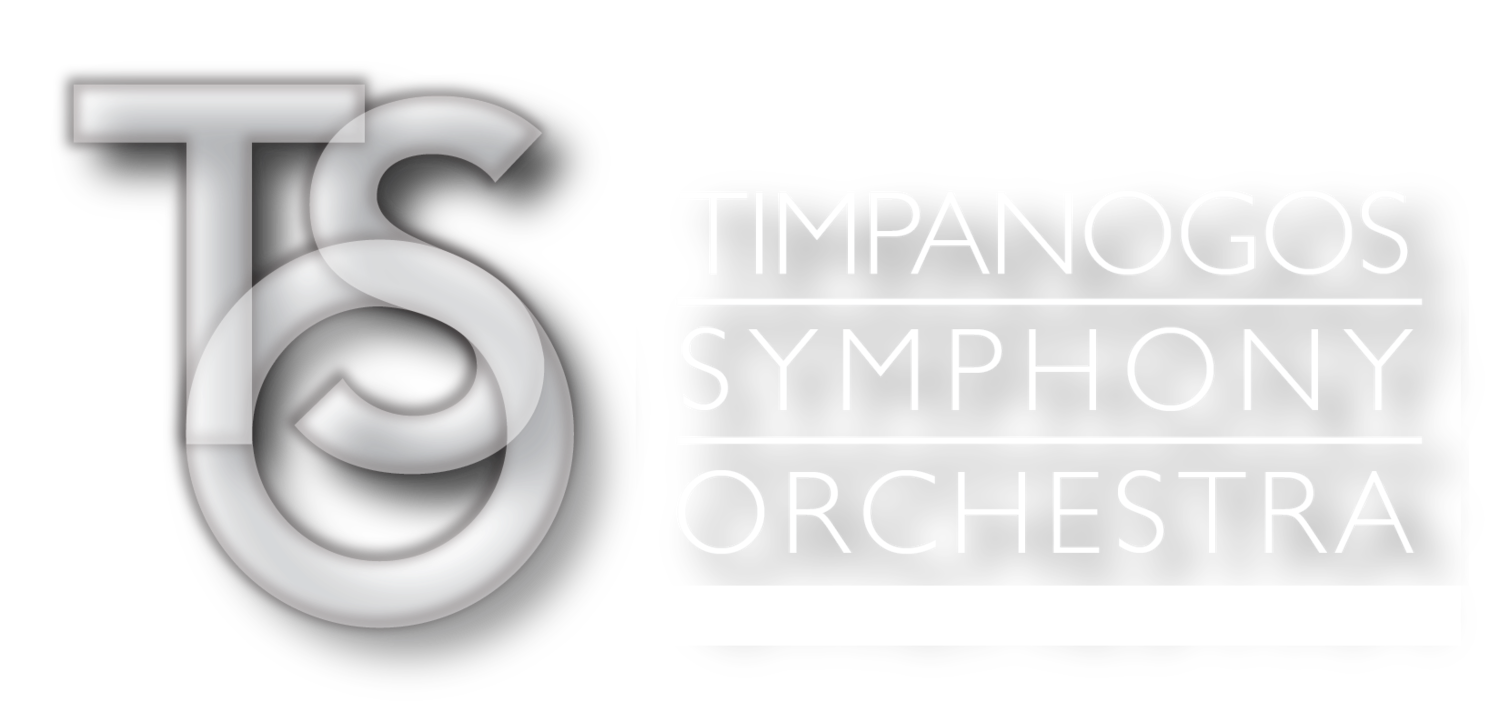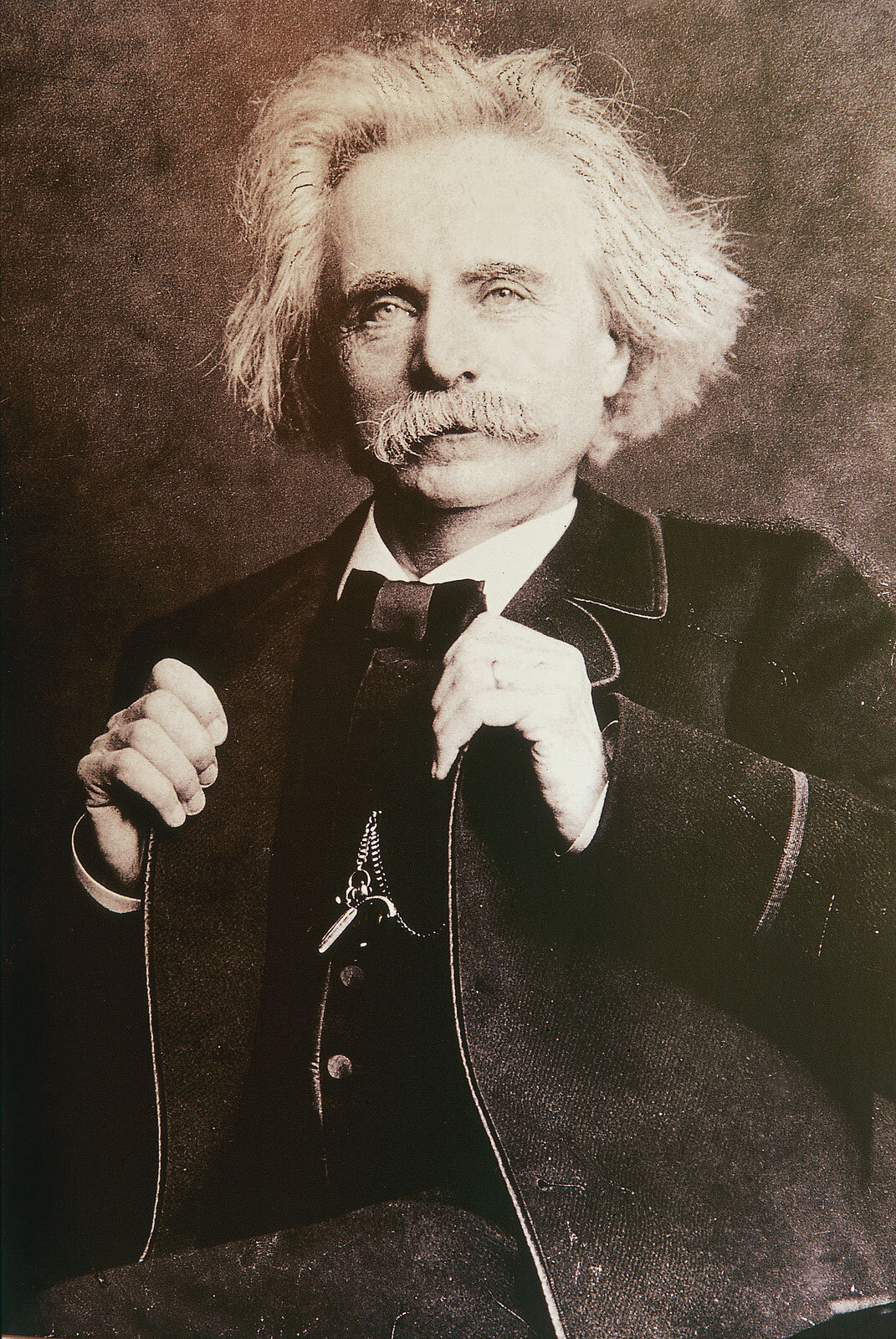There are Christmas songs that I love, and Christmas songs that I hate. And sometimes they are the same song. It entirely depends on the arrangement. The Twelve Days of Christmas is one of those. When sung straight, it's horribly boring*. But when people do fun things with it, I love it! Here are some of my favorite versions!
There is some debate out there about what constitutes "Classical Music". One of the biggest questions is, "Does movie music count?" It's big! It's orchestral. It seems like it should work.
New Voice: Hi, I’m Dedee. I sit second violin section leader in The Timpanogos Symphony Orchestra. I love playing the violin and interacting with this fantastic group! I am very excited that I am now helping with the blog. I love writing, I love Classical music, and I love people. I’m passionate about sharing my love of all these things with you. My more specific goal is to help people understand that classical music isn’t as remote and people think it is.
So to start, I’m going to share one of my favorite memories. I grew up watching the movie Fantasia (and it’s sequel, Fantasia 2000). I love everything about that movie (except the Rites of Spring, sorry). The centaurs, the dancing mushrooms, a magical misfit, a dark Halloween night. Love! The first thing I thought when considering how classical music shapes our world today was a certain mouse who made his first appearance in Fantasia, and whose presence is still felt today. Here’s the story behind that piece:
What do you get when you mix an 18th century drama king with a late 19th century perfectionist and a 20th century visionary?
A mouse.
The genesis of this mouse starts clear back in 1797 when this crazy popular writer, dramatist, and artist, Johann Wolfgang von Goethe, wrote a poem in 14 stanzas called Der Zauberlehrling, which translates into The Sorcerer’s Apprentice.
At the beginning of Goethe’s career, he wrote in the “Sturm und Drang” literary movement which, amongst other things, loved extreme emotion (You could call these writers the “emo” teens of the literary world). Consider these lines from the poem: “You, hell’s miscreate abortion/Is this house doomed to perdition?/Sign I see in every portion/Of impending demolition.” Our hero is practically wailing, “Is this house doomed to Hell? We’re going to be destroyed! Stop!” You can see him wallowing in despair. Luckily for Goethe, everyone back then loved his drama king tendencies. He was wildly popular (and a little [lot!] naughty, but I digress).
Moving forward 100 years. Literally.
The second player in creation of the life of our mouse is Paul Dukas, our 19th century perfectionist.
Paul Dukas was a classical composer in the late 1800s. He composed at least 38 pieces of music. (By way of comparison, Goethe left behind 10,000 drawings, alone!)
And destroyed a bunch of them because they weren’t perfect enough.
He ended up only allowing 14 of his 38 works to be published. His most famous work is The Sorcerer’s Apprentice, a symphonic poem based on Goethe’s poem. (I know, lots of poems. A Symphonic poem is basically a piece of music that is written for a lot of instruments that tells a story.)
Who knew that two notes could induce such panic!
Antonin Dvorak certainly didn't. His two note intro (which could have been where John Williams got the idea) is actually the beginning of the fourth movement of his ninth and most famous symphony, The New World (1893).
He insults the troll king. Then he tries to sneak away.
It doesn’t really work, and you can hear him running and the troll king chasing him.






























